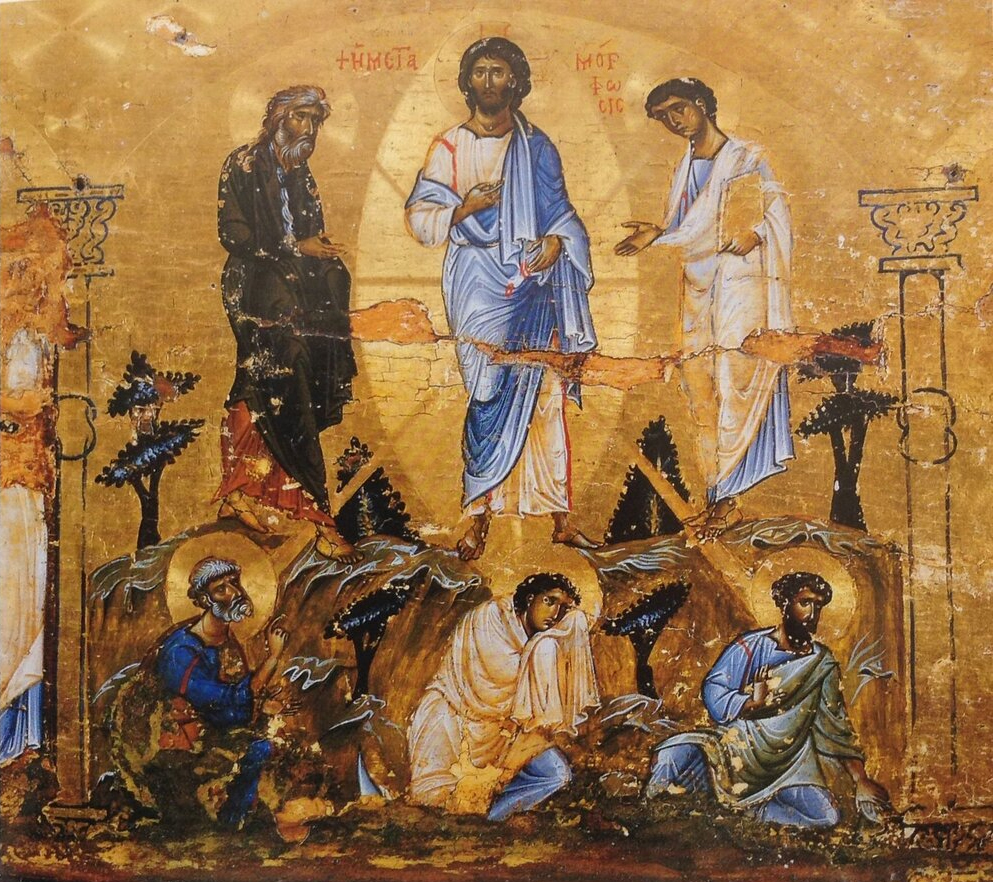Christian Art | Prayer With Jesus | Psalms | Prayer For National Deliverance And Security | King David As A Boy | Audio KJV | Love Revealed By Jesus Christ | King James Audio Bible
Psalm 144 | King James Audio Bible
YouTube: Psalm 144 KJV | King James Audio Bible | Word Aloud | Psalms
Psalm 144 expresses themes of warfare, divine benevolence, human frailty, and societal well-being under the guidance of God. Traditionally held to be authored by David, a king and warrior deeply conscious of his reliance on divine support, the psalm unfolds as both a personal entreaty for victory and protection and a communal hymn envisioning a society flourishing under God’s favour.
The psalm opens with an exaltation of God as source of strength and martial skill, ‘Blessed be the LORD my strength, which teacheth my hands to war, and my fingers to fight.’ This verse acknowledges God’s role in providing the necessary abilities for battle and situates the divine as the central figure in the life and success of the psalmist.
Following this acknowledgment, the psalm ponders the nature of man in relation to the divine, ‘LORD, what is man, that thou takest knowledge of him! or the son of man, that thou makest account of him!’ This rhetorical question emphasizes the transient, insubstantial nature of human life, ‘Man is like to vanity: his days are as a shadow that passeth away,’ highlighting grace inherent in God’s attentiveness to humanity.
As the psalm progresses, David implores God for deliverance from adversaries, invoking dramatic imagery of divine intervention, ‘Bow thy heavens, O LORD, and come down: touch the mountains, and they shall smoke.’ This request depicts a vivid faith in God’s power to effect change in the material world, a faith that underpins the psalmist’s prayers for salvation from external threats.
The narrative then shifts towards a commitment to worship, with the psalmist vowing to sing a new song of praise to God, ‘I will sing a new song unto thee, O God: upon a psaltery and an instrument of ten strings will I sing praises unto thee.’ This pledge reflects a response of gratitude and recognition of God’s sustaining grace, attributed with providing salvation to kings and delivering David from peril, ‘It is he that giveth salvation unto kings: who delivereth David his servant from the hurtful sword.’
Concluding verses of the Psalm paint an idyllic picture of blessings that ensue from divine favour: a society marked by prosperity, security, and harmony, ‘That our sons may be as plants grown up in their youth; that our daughters may be as corner stones, polished after the similitude of a palace.’ This vision extends beyond personal deliverance to encompass a collective well-being, culminating in the assertion that true happiness stems from the acknowledgment of the LORD as God, ‘Happy is that people, that is in such a case: yea, happy is that people, whose God is the LORD.’

![]()
Psalm 144 | King James Audio Bible
Blessed be the LORD my strength, which teacheth my hands to war, and my fingers to fight:
My goodness, and my fortress; my high tower, and my deliverer; my shield, and he in whom I trust; who subdueth my people under me.
LORD, what is man, that thou takest knowledge of him! or the son of man, that thou makest account of him!
Man is like to vanity: his days are as a shadow that passeth away.
Bow thy heavens, O LORD, and come down: touch the mountains, and they shall smoke.
Cast forth lightning, and scatter them: shoot out thine arrows, and destroy them.
Send thine hand from above; rid me, and deliver me out of great waters, from the hand of strange children;
Whose mouth speaketh vanity, and their right hand is a right hand of falsehood.
I will sing a new song unto thee, O God: upon a psaltery and an instrument of ten strings will I sing praises unto thee.
It is he that giveth salvation unto kings: who delivereth David his servant from the hurtful sword.
Rid me, and deliver me from the hand of strange children, whose mouth speaketh vanity, and their right hand is a right hand of falsehood:
That our sons may be as plants grown up in their youth; that our daughters may be as corner stones, polished after the similitude of a palace:
That our garners may be full, affording all manner of store: that our sheep may bring forth thousands and ten thousands in our streets:
That our oxen may be strong to labour; that there be no breaking in, nor going out; that there be no complaining in our streets.
Happy is that people, that is in such a case: yea, happy is that people, whose God is the LORD.

![]()
Psalm 144 | King James Audio Bible
- Divine Strength And Skill In Battle: Acknowledgment of God as the source of martial prowess and victory.
- Human Frailty And Divine Regard: Contemplation on the transient nature of human life and the marvel of God’s attention to mankind.
- Prayer For Deliverance: Appeals to God for protection against enemies and for divine intervention in times of conflict.
- Praise And Worship Commitment: Vows to sing new songs of praise to God, expressing gratitude and worship for divine salvation and protection.
- Vision Of Societal Prosperity: Descriptions of an ideal society benefiting from God’s favour, marked by prosperity, security, and harmony.
- Divine Guidance And Support: Requests for God’s guidance and the assurance of God’s presence and support in the psalmist’s life and leadership.
- Contrast Between Divine Power And Human Vulnerability: Reflections on the power of God to affect natural and human affairs versus human dependence on divine mercy.
- Hope For Future Blessings: Expressions of hope for future blessings based on faith in God’s promises and past faithfulness.

![]()








